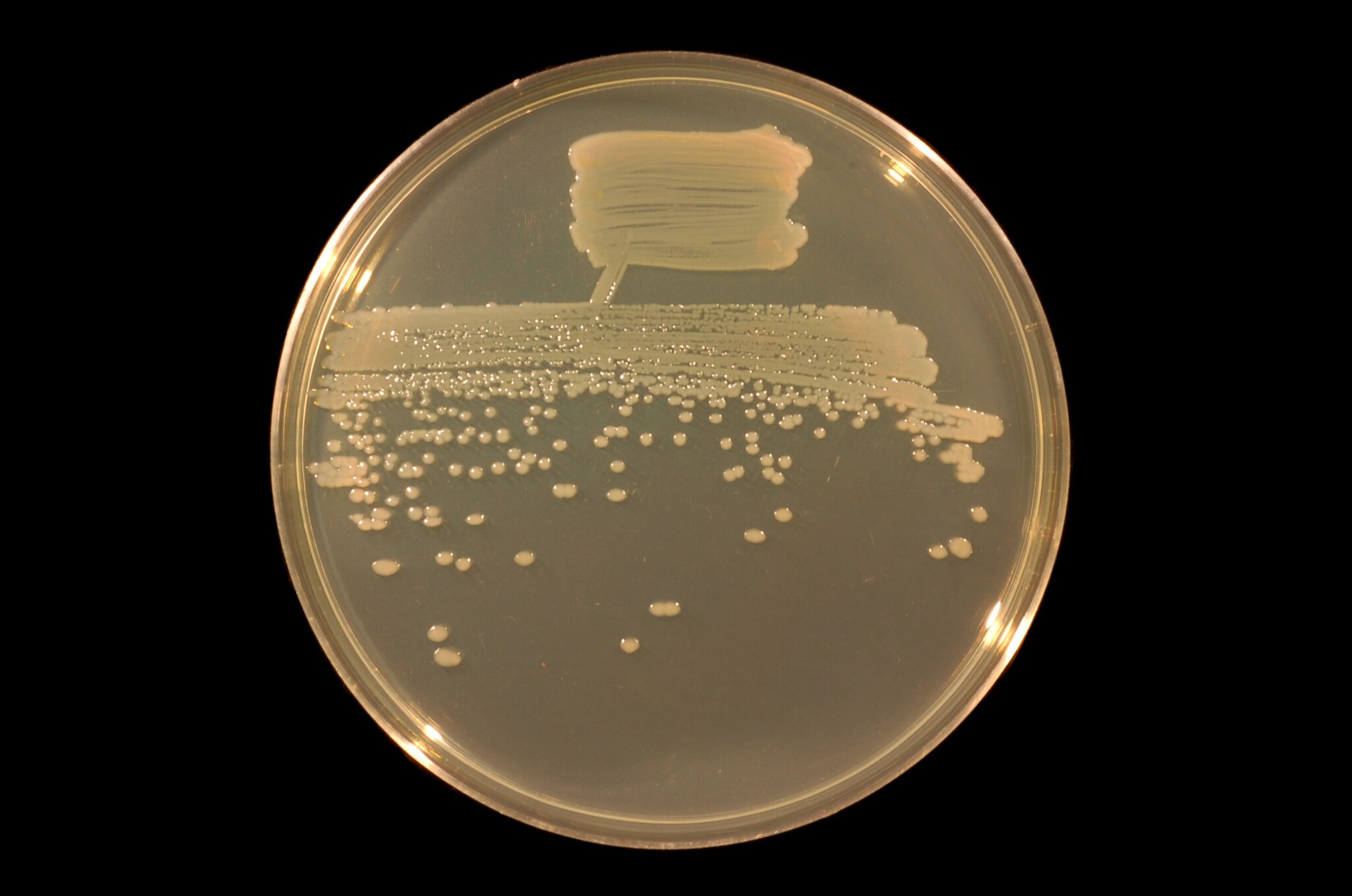News release
From:
Scientists Demonstrate That Evolution Can Favor Future Adaptability
A new study explores how evolution can shape organisms to be more adaptable in the future. Using bacteria, researchers tested whether natural selection could favor genetic systems that increase the likelihood of beneficial mutations. Over many generations, bacterial lineages evolved a unique mechanism that allowed them to switch between traits more efficiently, enhancing their survival in changing environments. These findings suggest that evolution does not just act on traits beneficial in the present but can also shape the ability to adapt, offering new insights into how life evolves over time.
Expert Reaction
These comments have been collated by the Science Media Centre to provide a variety of expert perspectives on this issue. Feel free to use these quotes in your stories. Views expressed are the personal opinions of the experts named. They do not represent the views of the SMC or any other organisation unless specifically stated.
Prof. Paul B Rainey, Director of the Department of Microbial Population Biology, Max Planck Institute for Evolutionary Biology, Germany
Life can appear to have foresight, adapting as if anticipating future challenges. This idea is deeply problematic for evolutionary biology, where natural selection is fundamentally blind, favoring only traits beneficial in the present.
"Our experiment shows how mechanisms that seem to confer evolutionary foresight can emerge naturally, without violating the principles of evolution.”



 New Zealand; International
New Zealand; International



